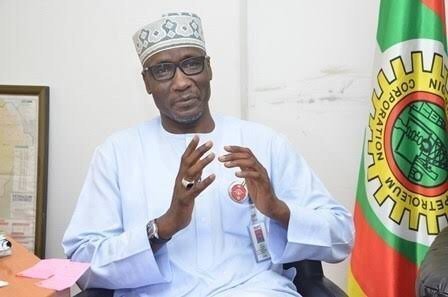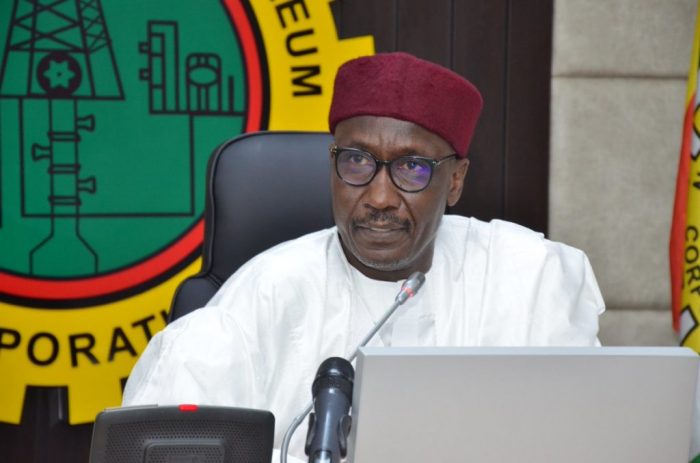Governors Pardon Over 500 Inmates In 8 Months


- Yusuf Oketola
Past and present governors have pardoned no fewer than 536 inmates across the 240 custodial centres in Nigeria between January and August 2023, OSUN DEFENDER gathered.
According to the latest summary of inmate population on the website of the Nigerian Correctional Service, the total inmate population was 80,883, out of which 55,257 inmates are awaiting trial and 25,626 are convicted.


Findings by the medium revealed that on June 12, Governor Umaru Bago of Niger State pardoned 80 inmates in various correctional centres and approved the immediate payment of their fines to enable them to rejoin their families.
On June 2, Lagos State Governor Babajide Sanwo-Olu, on the recommendation of the Advisory Council on the Prerogative of Mercy, approved the release of 49 inmates from various correctional facilities across the state.
On May 30, Governor Dapo Abiodun of Ogun State announced the release of 49 prison inmates.
On May 28, former governor of Benue State, Samuel Ortom, pardoned eight convicts on death row and 13 other prisoners sentenced to life imprisonment.
On May 27, the Yobe State Governor, Mai Buni, pardoned 115 prisoners selected from various correctional centres across the state.
On May 26, the ex-governor of Niger State, Abubakar Bello, pardoned 24 convicts, among whom were those already sentenced to death. Similarly, he paid N20m in fines for 80 other inmates so they could breathe the air of freedom.
On April 22, former governor of Kano State, Abdullahi Ganduje pardoned 43 inmates serving various jail terms across the state.
It was reported that on March 25, the Chief Judge of Akwa Ibom State, Justice Ekaette Obot, released 45 inmates across the state during her visit to the correctional centres. The Chief Judge visited Ikot Abasi, Eket, Ikot Ekpene, and Uyo correctional centres.
On March 7, Ganduje pardoned 12 inmates on death row.
On January 1, the Governor of Ondo State, Oluwarotimi Akeredolu, granted state pardons to 18 inmates across various correctional facilities within the state.
The Spokesperson, Nigerian Correctional Service, Abubakar Umar, who recently spoke to Journalists said, “The issue of awaiting trial inmates has to do with the prosecuting agency and the trial court. We do not prosecute or hear cases.”
Also, a security expert and Managing Director of Beacon Consulting Limited, Kabir Adamu, said that the pardons by governors are part of decongesting the custodial centres, advising that there should be checks and balances so that the objectives are not abused.
Recall that the former minister of Interior, Ogbeni Rauf Aregbesola, had in March this year said states have a huge role to play in decongesting correctional centres.
He pointed out that about 70 per cent of inmates awaiting trial were state offenders.
He called on states to either fast-track the trial of the inmates awaiting trial or build holding facilities for them. He said the Federal Government was ready to provide personnel that would man the facilities.
Aregbesola, who spoke through his media aide, Sola Fasure, in an interview with Journalists, expressed the readiness of the Federal Government to work with states in decongesting the facilities.
He stated, “The most important step in decongestion has to be taken by the states and this is where we should all be looking into. More than 70 per cent of inmates awaiting trials are state offenders.
“The states can do either or both of two things. First, and more importantly, is accelerating the criminal trial process so that the cases are promptly dispensed with. Long and seemingly indeterminate trials are responsible for the disproportionate number of inmates awaiting trial.
“In many of these cases, the inmates have spent more time in custody than they would have been punished for the offence they were charged with if they had received a guilty verdict in time. It is double jeopardy for them if they were found to be innocent in the end. The second is for the states to build holding facilities for awaiting trial inmates. We can provide the personnel to run them.”










